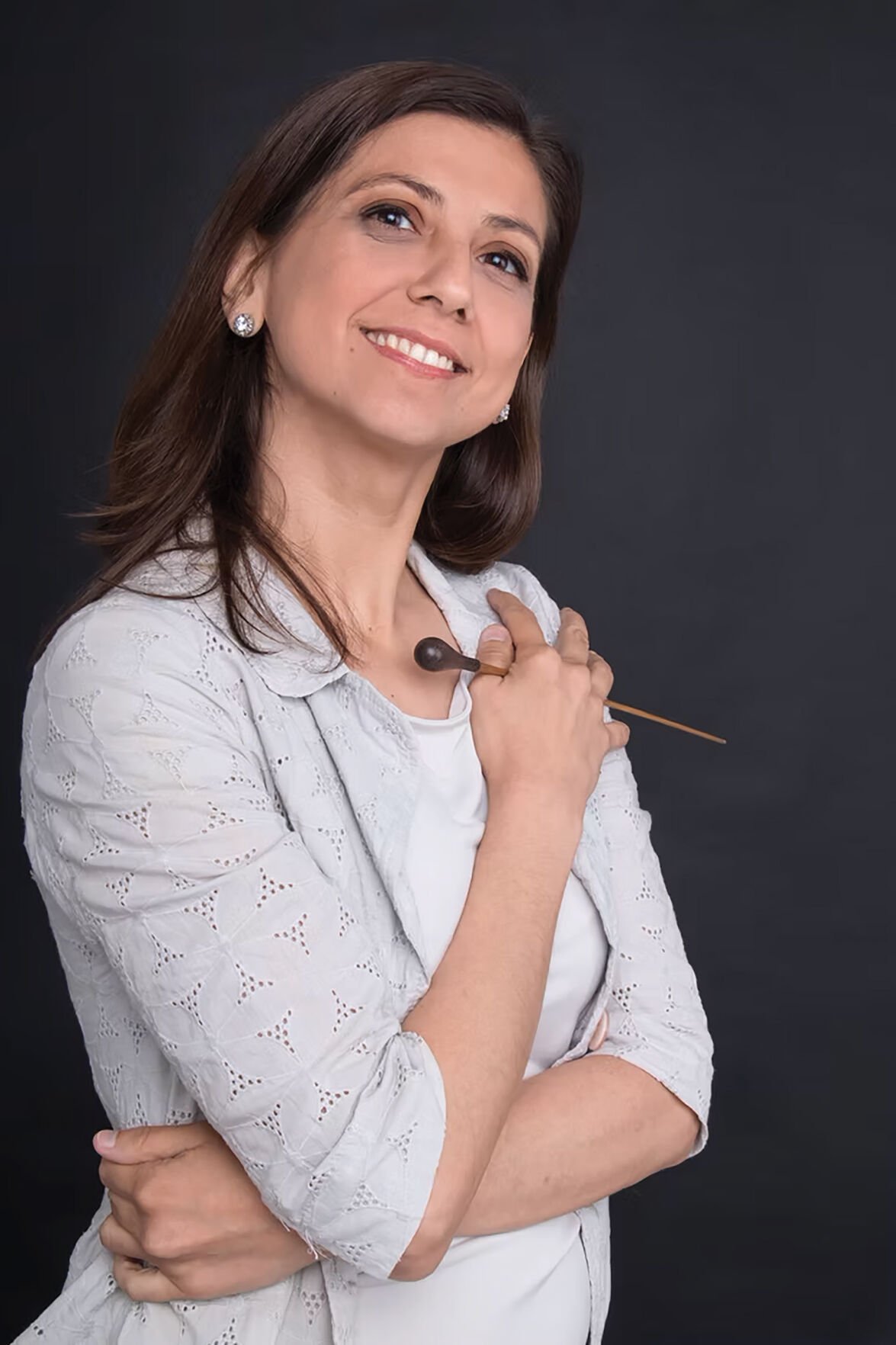For Immediate Release: June in Buffalo 2026 is the Year of the Composer/Conductor
June in Buffalo 2026 will run from June 1-7, 2026.


With more than 50 years of history, June in
Buffalo is a landmark festival and conference dedicated to emerging and
established voices in contemporary music. Hosted annually at the University at
Buffalo, it’s widely known as a place composers come to grow, connect and have
their work brought to life by top-tier performers and ensembles.
June in Buffalo 2026 is the year of the composer/conductor.
Each participant composer will conduct her/his own composition in multiple rehearsals
and a performance with the Festival’s resident ensemble, the Slee Sinfonietta.
Participants will be mentored in this process by an outstanding and dynamic group
of senior figures including Christian
Baldini, Jason Thorpe Buchanan,
David Dzubay and David Fulmer, each a celebrated leader as both composer and conductor. The number of composers who
can be accommodated in such an undertaking is smaller than in a typical year at
the Festival, and we are expecting that the application process will be highly
competitive.




As always, participant composers will benefit from the full
range of June in Buffalo’s programmatic activities, including masterclasses
with senior composers, composer talks, and additional workshops. More recent
additions to the JiB curriculum include opportunities to perform an original
solo work in an uncurated program and to take part in our “late night” improvisation
ensemble.
Whether you’re an emerging composer or an established voice,
June in Buffalo is your chance to grow, create and connect in a supportive
environment. Below you’ll find all the information you need to apply and take
part in this transformative experience. June in Buffalo 2026 offers a unique
opportunity for composer/conductors to prepare for the important artistic
and professional leadership roles which await these most essential figures in
the landscape of new music.
How to Apply
Application Deadline:
All application materials and the processing fee must be
submitted by February 15.
Full details will be made available on
the June
in Buffalo website in early January, and all materials and payments will be accepted
through the portals to be found on that website.
Application materials will include:
1. Resume or Curriculum Vitae
2. Performance Proposals and Scores
- Submit one or two proposals
for works to be performed by the Slee Sinfonietta.
- Proposed
works may include electronic elements.
- Proposals should
briefly describe the work, including length, full instrumentation and any
technical requirements.
- Proposals
of works in progress will be considered.
3. Scores
- Submit
scores/drafts of your proposed works for JiB and one or two additional
scores showcasing your recent compositional activity.
- For
works in progress, please send whatever partial scores or sketch materials
you feel will be represent the current state of your work by the Feb.15
application deadline. The deadline for completed scores is April 1. All
performance materials including any required score revisions, corrected
parts and electronic elements must be received by April 22.
- Audio
recordings of works submitted are requested, but not required.
Ensemble Instrumentation:
A maximum of 16 players of the Slee Sinfonietta drawn from the following:
·
Flute, clarinet, oboe, bassoon, French horn, 2
violins, viola, cello, double bass, piano/keyboards, harp and 2 percussion. Proposals
for works of this scoring (or smaller) are highly encouraged.
·
Proposals may include saxophone, trumpet,
trombone, and/or guitar (electric or acoustic), but the availability of these
instruments will be limited.
·
Proposals may also include soprano voice.
·
Standard doublings are available for flute,
clarinet, oboe and saxophone.
It is possible to apply for Auditor status. Auditors have access to the following:
- Senior
composer lectures.
- All
rehearsals, workshops and concerts.
- Masterclasses
(as observers without presenting their own work).
Fees
·
$25 non-refundable processing fee
·
Participant Tuition: $800
·
Auditor Tuition: $400
Housing Costs
On-campus housing is available for non-UB students. The
festival offers up to eight nights of accommodations in University
dormitories; the cost for 2026 is currently estimated at $650.00 per
participant.

















